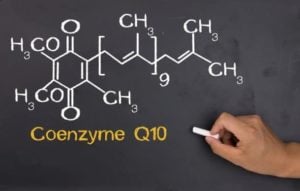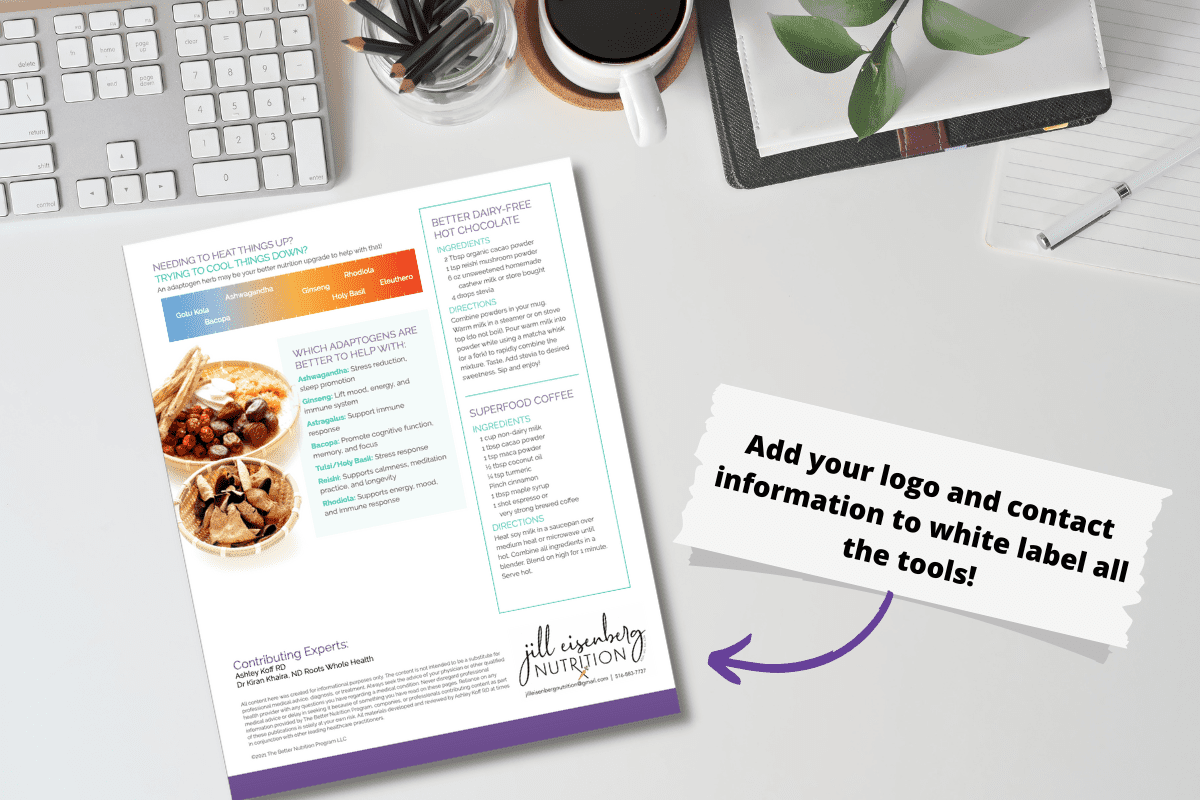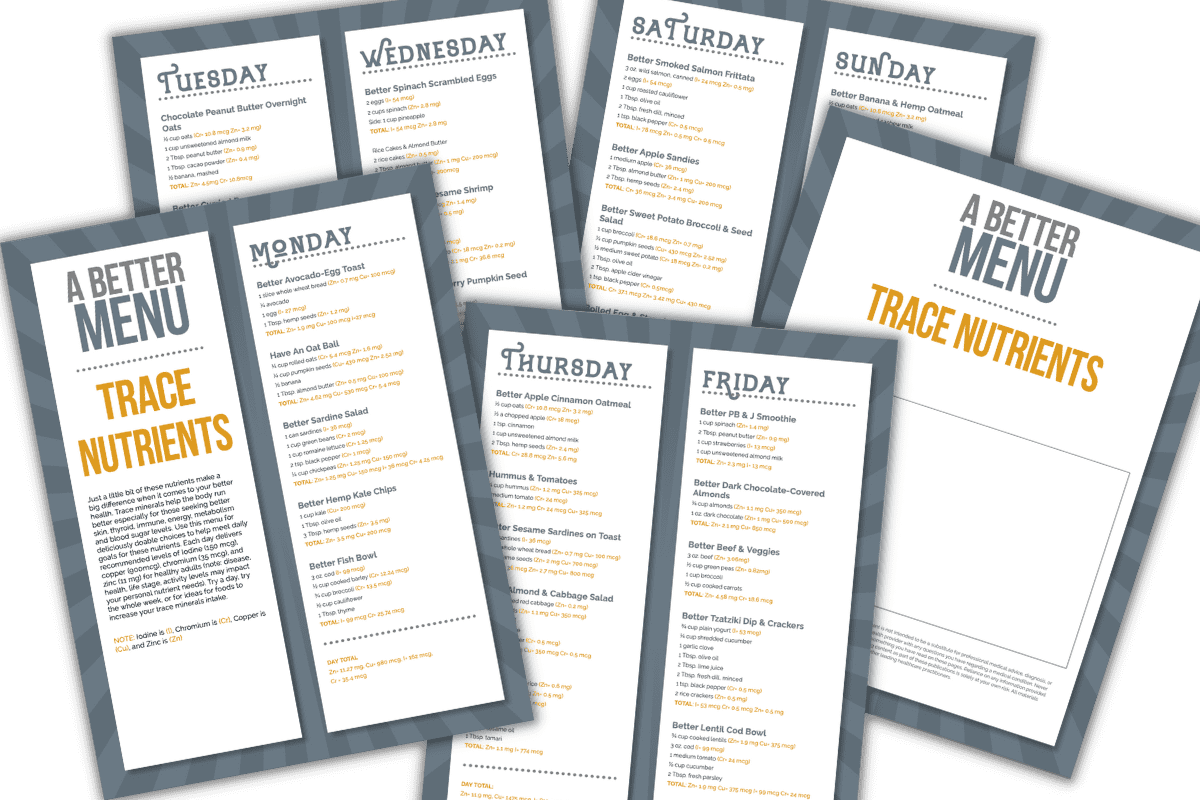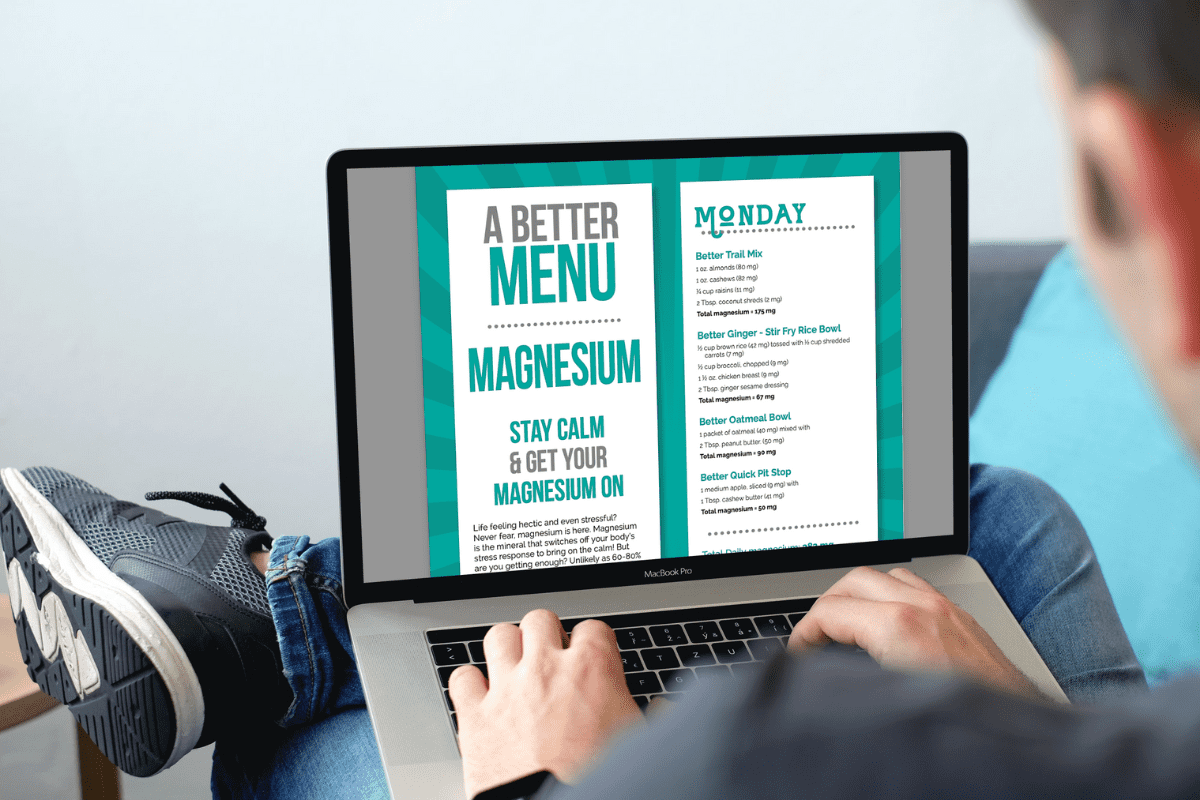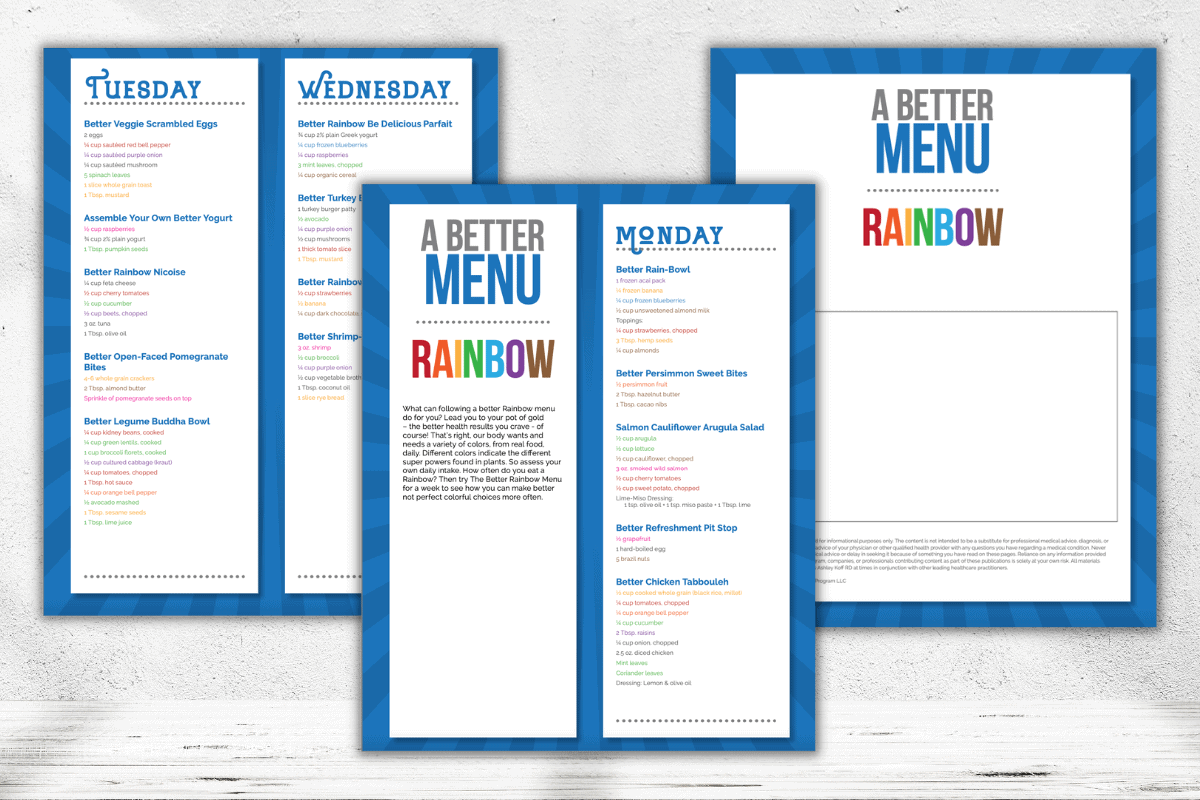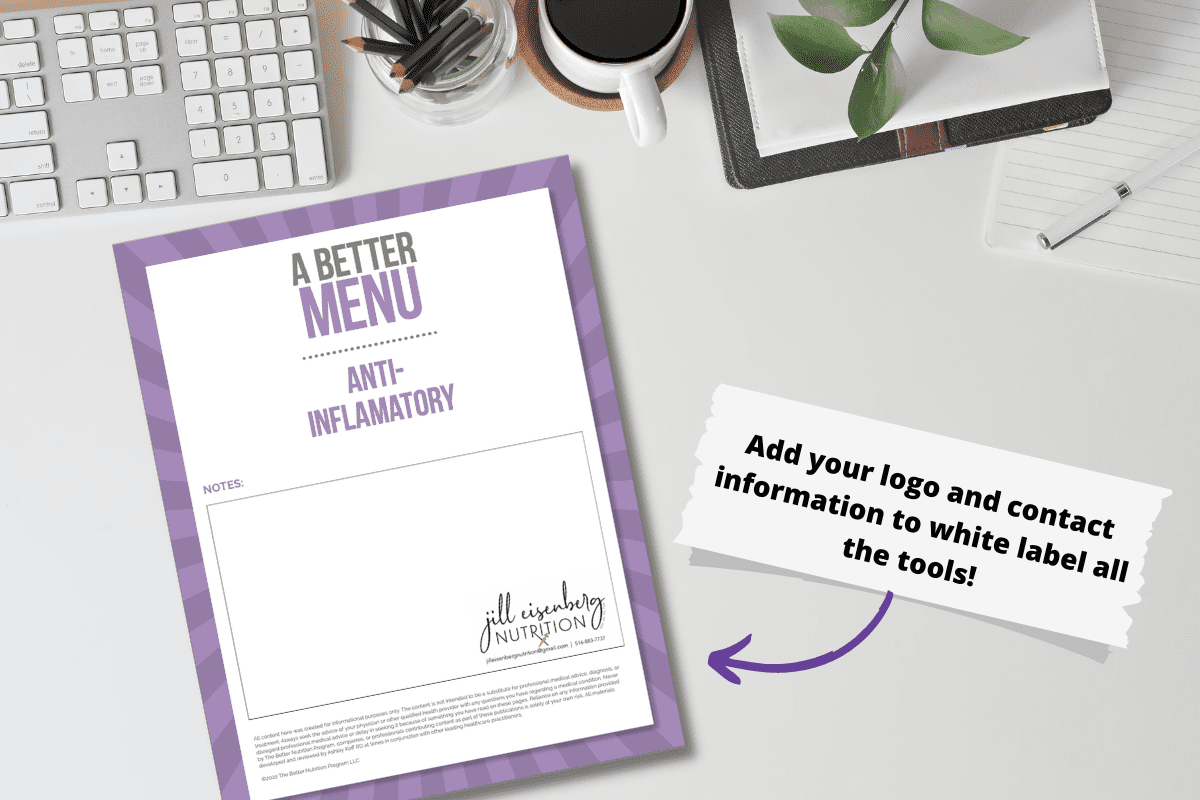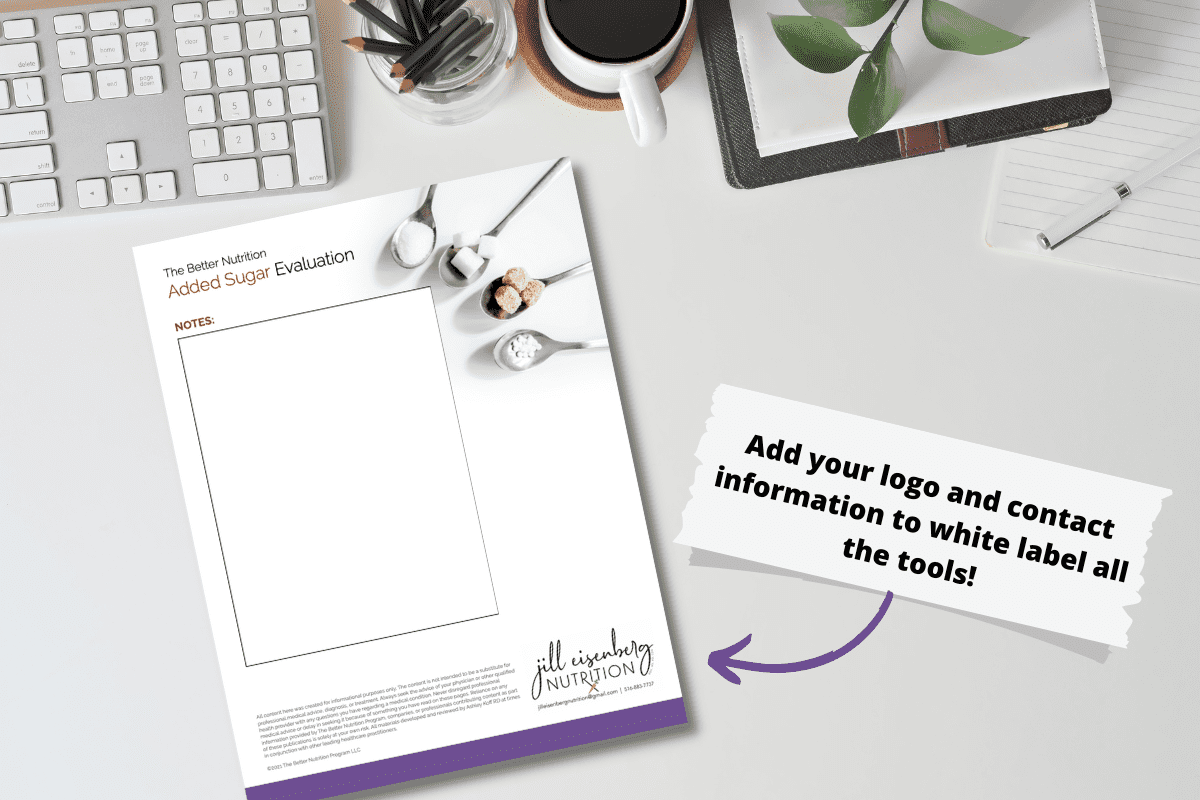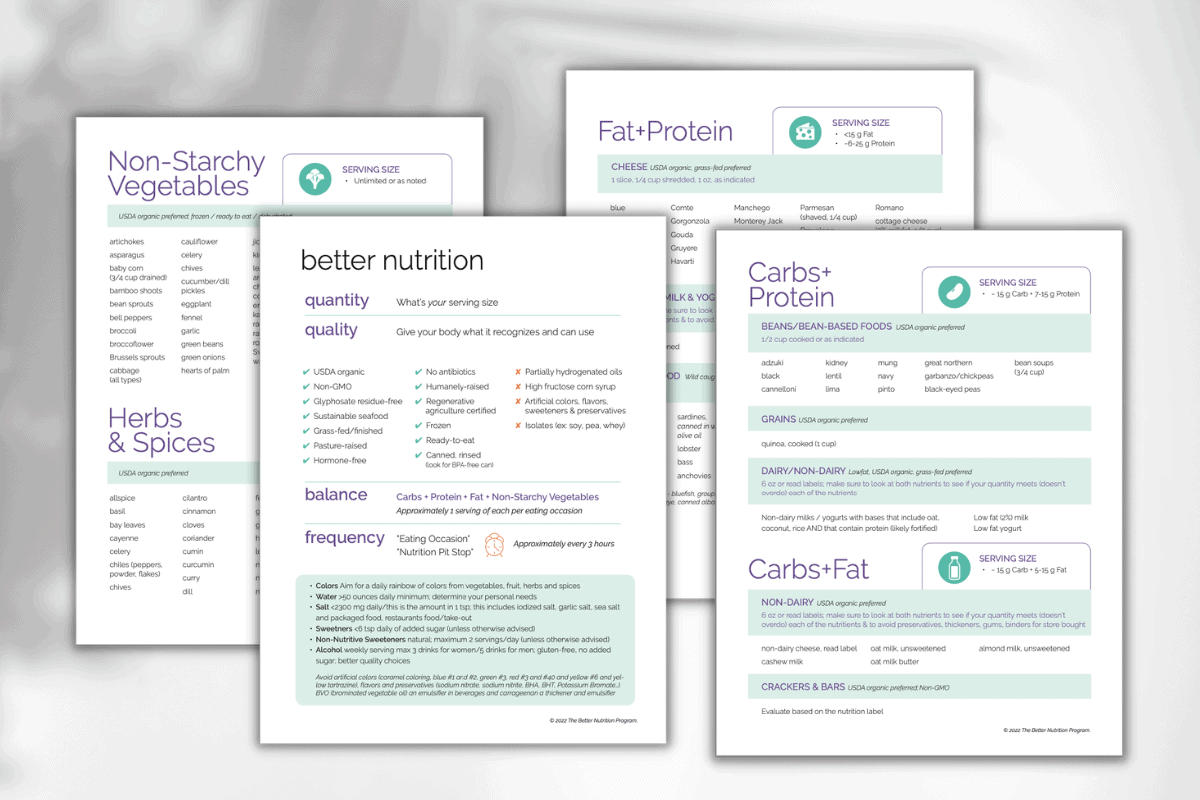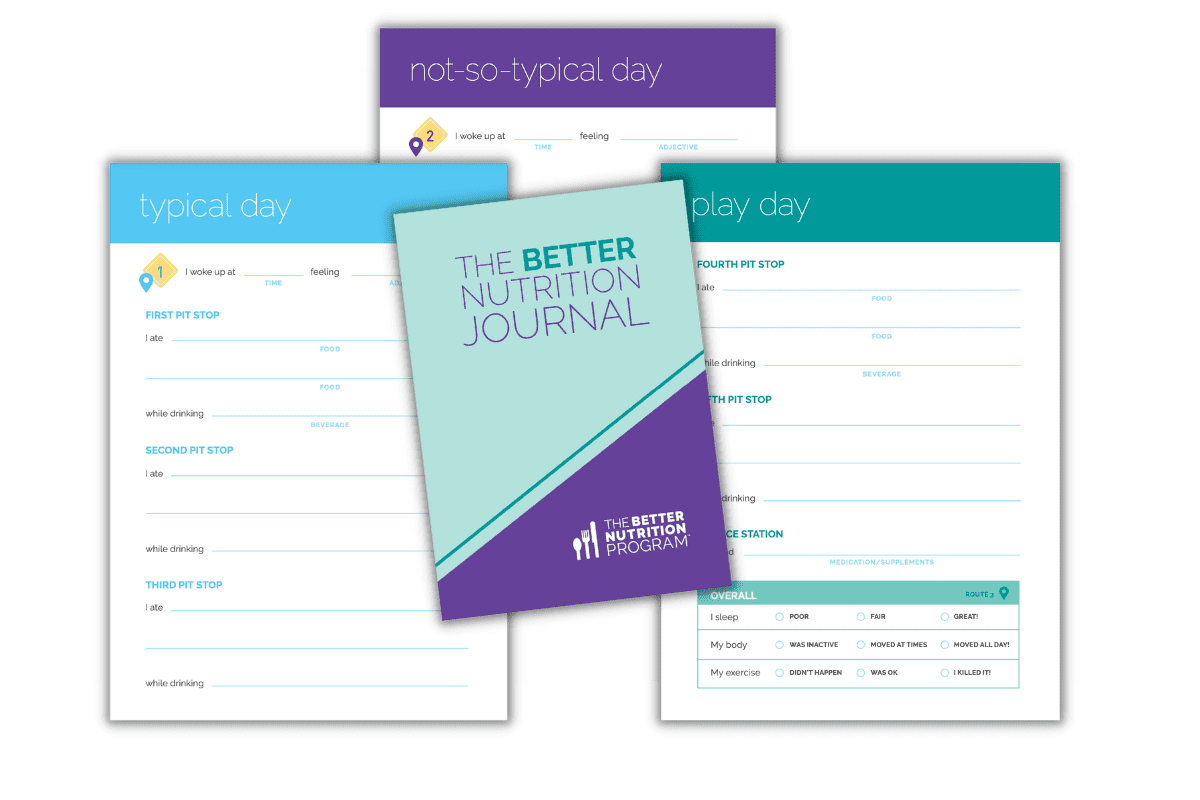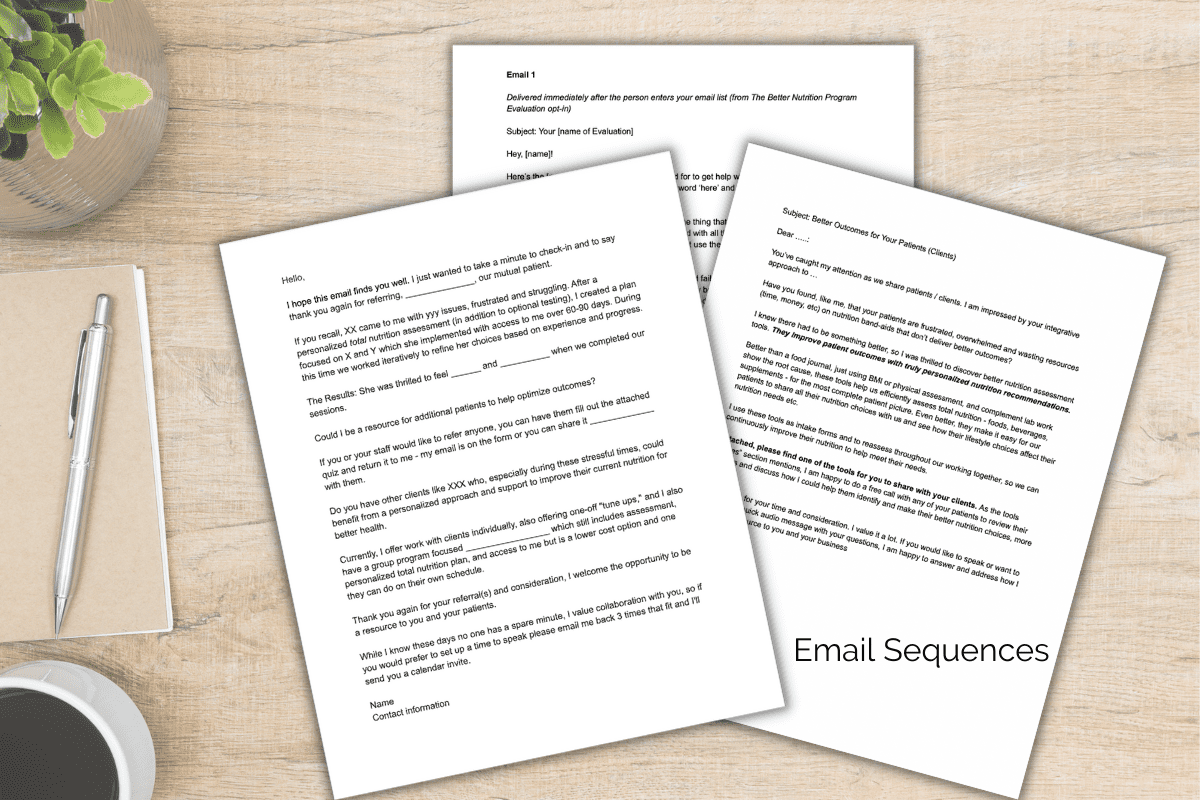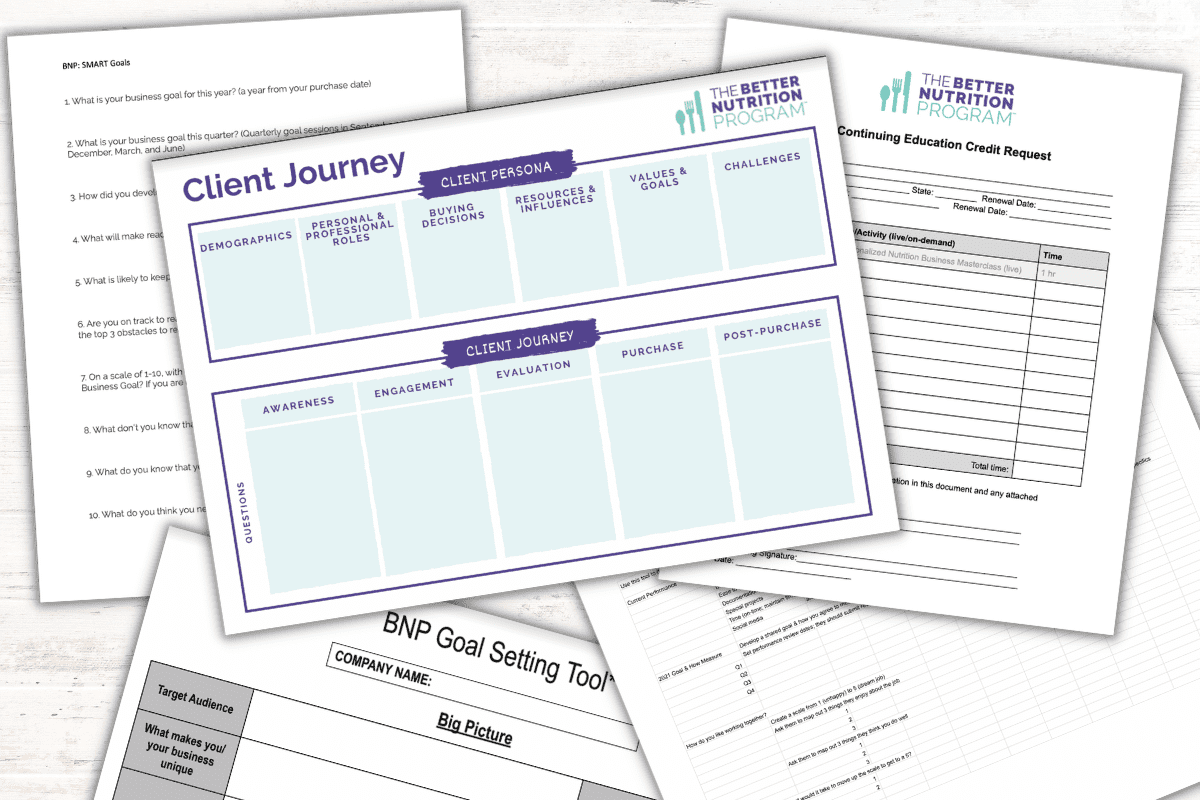Are you patients wondering “do I need to take Coq10?” Here’s how to have a better nutrition conversation and personalize their recommendations!
Explaining what it is and does as a first step. Coq10 (co enzyme q 10) is called a vitamin or an antioxidant. But that is not factually correct. It is a compound the body can make so it isn’t a vitamin. Your body uses it as an antioxidant and also electron donor to age healthfully. It doesn’t just do the clean up work that antioxidants do, it also prevents free radical formation. This means it is critical for better memory, overall cognitive function, muscle and nerve functions and reduced risk of chronic disease.
How does it help your body age better?
It supports optimal cellular metabolism (aka ‘energy’) inside your cell membranes. It is also called ubiquinone (reminds you of the word “ubiquitous” which reminds us that it is or should be everywhere inside us!). It works as an antioxidant but it also “donates” an electron to help prevent free radical formation.
Do I Need to Take a Coq10 Supplement?
A good answer is to explain that everyone needs sufficient amounts of this antioxidant. So the questions you and your patient need to answer are to personalize recommendations are below:
- Does their body make sufficient Coq10?
- Does their current nutrition deliver sufficient Coq10 to help the body run better?
- Do their medications interfere with Coq10 formation?
- Do they have increased needs for Coq10 based on your life stage or health?
Can I get enough from food?
Coq10 is found in foods like organ meats (kidney, liver), meats (beef, bison), chicken, eggs (yolk), herring and sardines, as well as in smaller amounts in nuts and seed, and soybean oil. Even if we eat these foods regularly, our aging bodies may not then synthesize enough for our needs. How is your patient’s digestion? Use the Better Digestive Evaluation to assess and consider a Digestive Tune Up 30 day program (both included in The BNP Toolkit™ ) to evaluate and optimize digestive efforts.
When isn’t food enough?
Factors that may indicate a need for supplementation include medications, dietary fat intake (it is a fat-soluble nutrient), fat absorption, and a lack of other nutrients to synthesize and convert to usable form. If you are taking Warfarin (Coumadin) do not take Coq10 until you speak with your doctor, nurse practitioner or dietitian knowledgeable on the proper timing and dosing. Take your Coq10 with food, preferably a nutrition pit stop with a health fat to optimize absorption.
What are the symptoms of being insufficient in Coq10?
Leg pain, muscle aches, head aches, and forgetfulness top the list of symptoms associated with insufficient amounts of this antioxidant. These can be associated with other nutrient deficiencies and conditions too. Persons with Parkinson’s may consider Coq10 to maintain cognitive and neuromuscular function though the data is conflicting (but shows no harm).
Can Coq10 help chronic fatigue or fibromyalgia?
There’s good evidence that people with these health challenges have less Coq10 than their body needs. As you assess their total nutrition and digestion, you may want to optimize their Coq10 intake, as we all as other antioxidants. Using this Rainbow Evaluation (scroll down to grab for free) is a great way to help show them what their current nutrition is missing.
Does Coq10 help with heart health?
Yup! Additionally, medications to lower cholesterol can impair cholesterol formation and Coq10 as well. So we recommend increasing Coq10 intake – and taking it at a different time than your medication. Taking cholesterol medication also means you need to know your Lp(a) level (The BNP Toolkit™ includes a guide to help you and your patients discuss this important genetic marker that impacts cholesterol and heart health recommendations).
What’s a better Coq10 supplement?
While there is no set daily value from food, supplemental ranges usually begin at 30mg/day and go as high as 4oo-500 daily for therapeutic doses. You likely want to choose ubiquinol, and start with a 100mg dose unless otherwise advised. Review the “other ingredients” to make sure they align with your dietary preferences too.
Wondering about effective doses for different issues such as athletic performance, respiratory, heart health, diabetes or cognitive disease? Here is a good primer you can also share with your patient.
